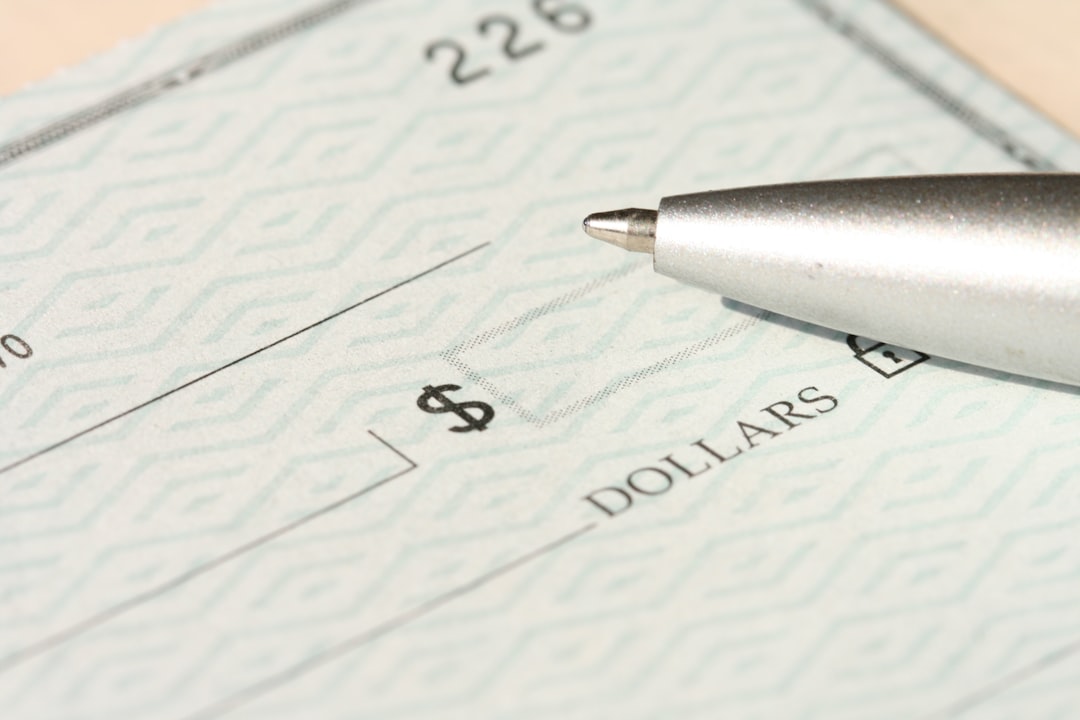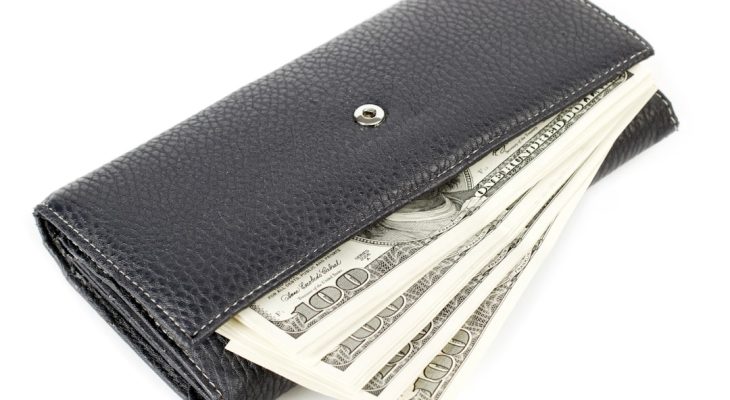In the realm of personal finance, debt consolidation has become a go-to solution for those overwhelmed by multiple credit lines, loans, and outstanding balances. As interest rates rise and minimum payments climb, many consumers are asking: Can a greater personal loan help consolidate debt effectively? The answer isn’t a simple yes or no — effectiveness depends on an individual’s financial habits, loan terms, and strategy.
What Is Debt Consolidation?
Debt consolidation is the process of combining several debts — such as credit cards, medical bills, and high-interest loans — into a single loan with a unified monthly payment, often at a lower interest rate. This streamlines repayment and can make managing finances easier.
One of the most popular tools for debt consolidation is a personal loan. These loans typically have fixed interest rates and repayment terms, which can provide both structure and predictability for borrowers.
How a Greater Personal Loan Can Help
When someone refers to a “greater” personal loan, they usually mean a loan with a higher principal amount that can cover multiple existing debts. Here’s how such a loan can assist in debt consolidation:
- Single Monthly Payment: Instead of juggling multiple payments, you have just one to manage.
- Potentially Lower Interest Rate: If your credit score is good, a personal loan could come with a more favorable rate than credit cards or payday loans.
- Predictable Terms: Fixed monthly payments and a defined payoff date make budgeting easier.
- Improved Credit Utilization: Paying off credit cards with a personal loan might reduce your credit utilization ratio, potentially boosting your credit score.

When Is a Greater Personal Loan a Smart Move?
Before jumping into a larger personal loan, a borrower must evaluate their financial situation. Sometimes, borrowing more than necessary can increase risk, especially if spending habits aren’t adjusted. Here are scenarios where a greater personal loan might make sense:
- You qualify for a loan with a lower APR: If the interest rate on the personal loan is lower than the weighted average of your existing debts, it can lead to savings over time.
- You have consistent income: A stable source of income ensures that monthly payments won’t result in additional financial strain.
- You are committed to not reusing paid-off credit: One mistake many make after consolidation is reusing freed-up credit lines, which can lead to even deeper debt.
Potential Risks of a Larger Personal Loan
While consolidating debt with a greater personal loan has clear benefits, it’s not without its pitfalls:
- Possibility of Higher Total Cost: Even with lower interest rates, a longer loan term can mean paying more over the life of the loan.
- No Change in Spending Habits: Without discipline, borrowers might run up debt again, ending up in a worse situation than before.
- Origination Fees: Some personal loans come with fees that can cut into the savings expected from consolidating debt.
- Impact on Credit Score (Temporary): Applying for a new loan may cause a slight dip in your score due to the credit inquiry and a reduced average account age.
How To Apply for a Greater Personal Loan
The process of applying for a personal loan to consolidate debt is relatively straightforward:
- Review Your Credit Score: Lenders typically offer better terms to borrowers with higher credit scores.
- Calculate the Total Debt Amount: Know exactly how much you owe so that the new loan will cover all existing balances.
- Shop for Loan Offers: Compare interest rates, loan terms, and fees from various lenders to find the best deal.
- Use the Loan Wisely: Once approved, use the funds to immediately pay off your outstanding debts, not for new expenses.

Alternatives to Personal Loans for Consolidation
A personal loan isn’t the only way to consolidate debt. Here are a few alternatives:
- Balance Transfer Credit Cards: Some offer 0% interest for a promotional period. Great for short-term repayment plans, but risky if not repaid in time.
- Home Equity Loans or Lines of Credit: These secured loans typically have lower interest rates but put your home at risk if you default.
- Debt Management Plans (DMPs): Offered by credit counseling agencies, these plans consolidate your debt payments while negotiating lower interest rates with creditors.
Successful Debt Consolidation Stories
Many people have found relief by using a larger personal loan to consolidate and pay off debt. Take, for example, a young professional carrying $25,000 in high-interest credit card debt across five cards. With a strong credit score, they qualified for a personal loan at a 9% interest rate for 5 years, compared to an average of 19% across the credit cards. The monthly payments became more manageable, and the debt was paid down faster due to lower interest and greater structure.
However, others have failed when they didn’t adjust their lifestyle or continued to accumulate debt after consolidating. Personal finance requires discipline; a personal loan is only a tool — not a fix-all solution.
Conclusion: Is a Greater Personal Loan the Right Choice?
A greater personal loan can be an effective way to consolidate and eliminate debt — if used responsibly. It simplifies finances, may reduce interest costs, and can help borrowers regain control over their financial future. However, without a firm commitment to curb spending and repay the loan diligently, it could lead to even deeper financial trouble.
Always evaluate your financial health, analyze all debt consolidation options, and compare lenders before making a final decision.
FAQs
-
Is debt consolidation bad for my credit?
In the short term, applying for a personal loan may slightly lower your credit score. However, over time, making timely payments and reducing your debt-to-income ratio may improve your credit. -
What credit score do I need for a debt consolidation loan?
Most lenders look for a credit score of at least 600–650. The higher your score, the better your chances of qualifying for low-interest rates. -
Can I use a personal loan to pay off student loans?
Technically, yes — but it’s often not advisable. Federal student loans have protections and repayment options that personal loans do not offer. -
How long does it take to get approved for a personal loan?
It varies by lender but often takes between 1 to 7 business days. Online lenders may offer same-day or next-day approvals. -
What happens if I can’t make payments on my debt consolidation loan?
Missed payments may result in late fees, increased interest, and damage to your credit score. If you foresee trouble, contact your lender early to explore alternatives.








